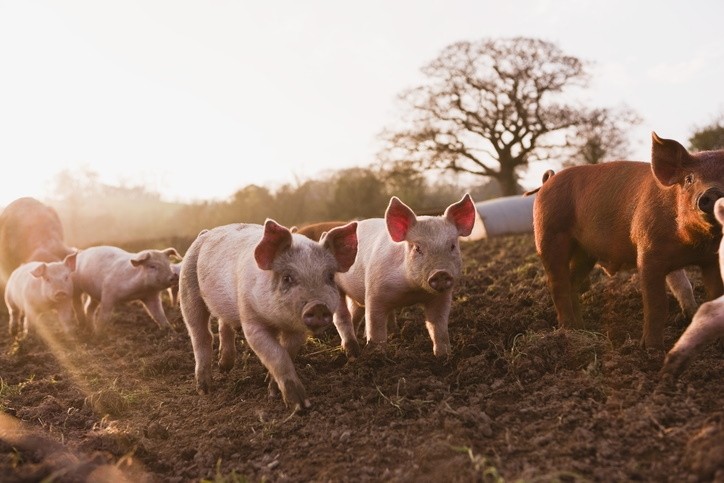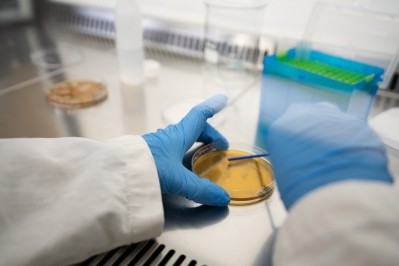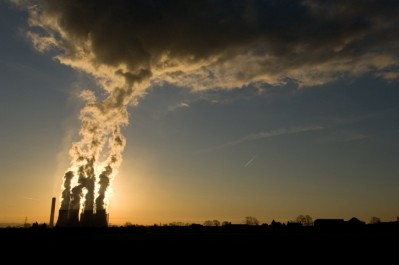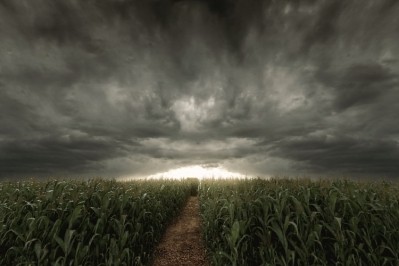Meat sector braces for CO2 shortage as energy prices cut European fertiliser production

European fertiliser manufacturers have already reduced their output by more than one quarter, according to figures from CRU. And things look set to get worse.
The European fertiliser shortage continued to widen this week, when two large fertiliser producers announced plans to further cut production levels. Oslo-based Yara announced it is implementing further curtailments that will take its total European ammonia capacity utilisation to around 35%. Meanwhile, UK-based CF Fertilisers, announced its intention to temporarily halt ammonia production at its Billingham Complex. The company had already shuttered its Cheshire plant.
Both firms cited the ‘record high’ price of gas, a key production input.
“At current natural gas and carbon prices, CF Fertilisers UK’s ammonia production is uneconomical, with marginal costs above £2,000 per tonne and global ammonia prices at about half that level. The current cost of natural gas at NBP is more than twice as high as it was one year ago, with the NBP forward strip suggesting that this price will continue to rise in the months ahead,” CF Fertilisers detailed.
Yara and CF Fertilisers said they are looking to imports to fill the gap.
“Yara will where possible use its global sourcing and production system to optimize operations and meet customer demand, including continued nitrate production using imported ammonia when feasible,” the Oslo-based company said.
“CF Fertilisers UK intends to use the site’s capability to import ammonia to enable it to continue to run its ammonium nitrate (AN) and nitric acid upgrade plants. The Company expects to fulfil all ammonia and nitric acid contracts and all orders of AN contracted for delivery in the coming months,” the UK subsidiary of CF Industries Holdings revealed in a statement.
Fertiliser shortage to push up food prices
Shrinking supplies and rising prices are resulting in lower fertiliser use. The International Fertilization Association (IFA) forecasts a decline in global mineral fertilizer use of up to 7% in a ‘pessimistic scenario’.
At a time when the world is already grappling with soaring food prices, this trend is placing next year’s harvest at risk. “Reduced fertiliser consumption this year raises the risk of significantly lower crop yields in the next harvest, which means lower food production and ultimately more people at risk of hunger and starvation,” warned Alzbeta Klein, IFA CEO/Director General.
But the impact on crop yields isn’t the first place that reduced European fertiliser will be felt. Rather, it is the meat industry that is bracing for the first blow.
CF Fertilisers confirmed that when it halts ammonia production, it will also cease CO2 production. “The company has notified customers who purchase carbon dioxide on a contract basis from the Billingham Complex about the impending temporary halt of ammonia production. Once the ammonia plant is safely shut down, CO2 production, which is a by-product of the ammonia production process, will stop until the plant is restarted," the company said in a statement.
CO2 is used across the food industry, from vacuum-pack products to fizzy drinks. It is also used to stun animals humanely before slaughter. Without it, meat producers are unable to send animals for processing and farmers would be faced with the prospect of culling animals on farm.
This leaves the meat industry with ‘serious concerns’, Nick Allen, Chief Executive of The British Meat Processors Association, explained. UK CO2 suppliers are now in a ‘vulnerable’ position, meaning the sector could be forced to look overseas to fill the shortfall. Given reduced production of ammonia in European countries like Italy and Germany, this could be challenging.
“If CF Industries follows through on its threat to close Billingham the British meat industry will have serious concerns. Without sufficient CO2 supplies the UK will potentially face an animal welfare issue with a mounting number of pigs and poultry unable to be sent for processing,” Allen warned.
The British Meat Processors Association wants to see the UK Government intervene. “Securing CO2 supplies is of key strategic importance and, following this latest development, we can’t see how Government can sit on the side lines and insist that it’s for companies to work it out amongst themselves. They are going to need to step in,” the industry representative stressed.
To date, the UK Government has resisted calls to get involved in the fallout of the energy crisis. But, as food price inflation continues to climb, authorities are facing mounting calls to change tack.

















